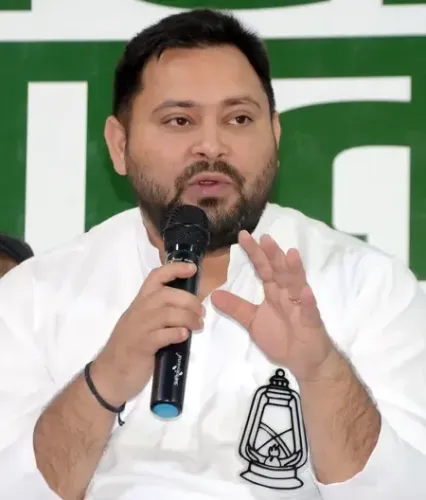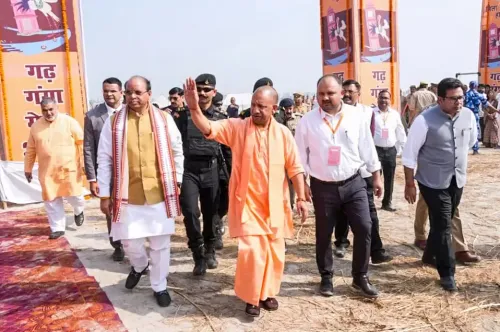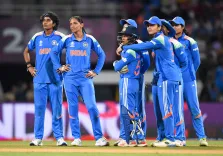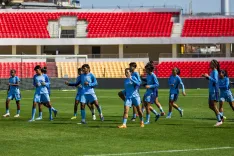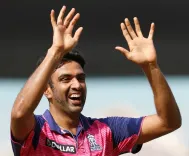Will Bihar Elections Reflect Rahul Gandhi's Activism Dilemma?
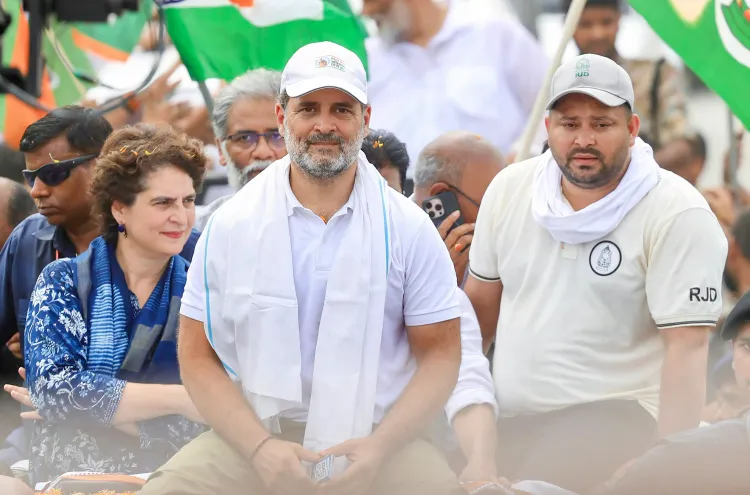
Synopsis
Key Takeaways
- Rahul Gandhi's campaign struggles to resonate with Bihar's voters.
- The Mahagathbandhan has established a clear leadership strategy.
- Internal dynamics within Congress raise concerns for its future.
- Voter engagement is centered around issues like law and order.
- Personal attacks on the PM do not translate into electoral success.
New Delhi, Oct 26 (NationPress) The Bihar Assembly elections are scheduled to announce results on November 14, but the political landscape leading up to this event has already cast Congress leader Rahul Gandhi in a less than flattering light.
Bihar's political environment has always served as a reflective surface for the evolving national discourse. It captures the sentiments at the grassroots level as well as a leader's capacity to navigate emotions and circumstances. This election, in particular, is emerging as a vital indicator of the political trajectory of the nation. The signals coming from the ground are evident and cannot be overlooked.
The Mahagathbandhan (Grand Alliance) appears to have finally organized itself, designating Tejashwi Yadav as its Chief Ministerial candidate and, predictably, appointing Mukesh Sahani as the Deputy CM face. Although the opposition alliance is attempting to project unity and a sense of purpose for the upcoming results, an unspoken verdict seems to have already been established within its ranks.
This internal consensus should raise significant concerns for the Congress party—and particularly for Rahul Gandhi. The Grand Alliance has effectively marginalized the Gandhi heir, who had aspired to take a leading role in the Bihar elections and utilize that platform to challenge the BJP-led government at the Centre.
However, the momentum never shifted in his favor.
Instead, it propelled the Mahagathbandhan into a whirlwind that ultimately revealed to Congress—and Rahul Gandhi—their actual standing in the political hierarchy.
Over a span of 16 days in Bihar, from August 17 to September 1, Rahul Gandhi embarked on the highly publicized 'Voter Adhikar Yatra'. This campaign was meant to be a moral crusade to 'protect the vote' and ignite a movement against Prime Minister Modi and the BJP.
Rahul directly targeted the PM with slogans like 'vote chor' and 'vote chori' to rally support.
He traversed 1,300 kilometers across 25 of Bihar's 38 districts, covering 110 Assembly constituencies. With the slogan 'vote chor gaddi chhor', he walked along dusty roads, rode motorcycles, and even had an opposition chief minister accompany him in open jeeps.
He may have envisioned this campaign as reminiscent of the historic JP Movement of 1974, which originated in Bihar as a student-led uprising against misgovernance and corruption.
However, the 16-day campaign proved to be more of a political journey than a mass awakening. Crowds were sparse, and enthusiasm was minimal. At times, RJD leader Tejashwi Yadav was seen guiding Rahul during the Yatra—while simultaneously asserting his own political identity.
For Rahul, it was a 'vote-chori' crusade, but for Tejashwi, it was a chance to gauge the true sentiments of the populace. And that sentiment was clear: voters were not embracing Rahul Gandhi's narrative.
The electorate understood that their voting rights were secure, and there was no significant outcry in the streets. Had the public genuinely believed their votes were being compromised, Bihar would have erupted in protest. That simply did not occur.
Rahul Gandhi may have hoped that his 'vote chor' activism would position him as Bihar's new jan nayak (people's leader), but Tejashwi and other alliance members interpreted the situation differently.
Their response was indicative: the INDIA bloc struggled to achieve a collaborative seat-sharing agreement and declined to yield to Rahul's form of activism.
Ultimately, the seven-party Grand Alliance aligned itself with the views of the other six partners, placing Congress in a subordinate position. Rahul Gandhi notably missed the pivotal October 23 press conference where the alliance unveiled its strategy. The event's banner prominently featured Tejashwi Yadav—but Rahul was nowhere to be found.
What Bihar has experienced over the past month should act as a wake-up call for Congress as a whole and for Rahul Gandhi specifically. Regardless of the election outcome on November 14, one fact is already evident: his own allies have communicated a message.
Rahul's 'vote-chori' campaign has failed to resonate—both with Bihar's voters and within his coalition. Tejashwi Yadav recognized this early on and quickly refocused on themes that genuinely connect with the electorate, such as law and order and job creation.
After initially accompanying Rahul during the campaign's early phase, Tejashwi discreetly ceased any mentions of voter fraud or electoral irregularities. Instead, he began unveiling populist promises aimed at instilling hope among the populace—such as his commitment to provide a government job for every household in Bihar.
Elections often come with grand promises, but this particular one has placed Rahul Gandhi in an uncomfortable position, possibly for the first time in his political journey. It is already known that Congress has faced its most significant defeats under his leadership, and the decline continues.
The takeaway from Bihar is clear: personal attacks on Prime Minister Modi—or his family—do not translate into votes. The quicker Rahul Gandhi comprehends this, the better his chances for political survival.
(Deepika Bhan can be contacted at deepika.b@ians.in)



